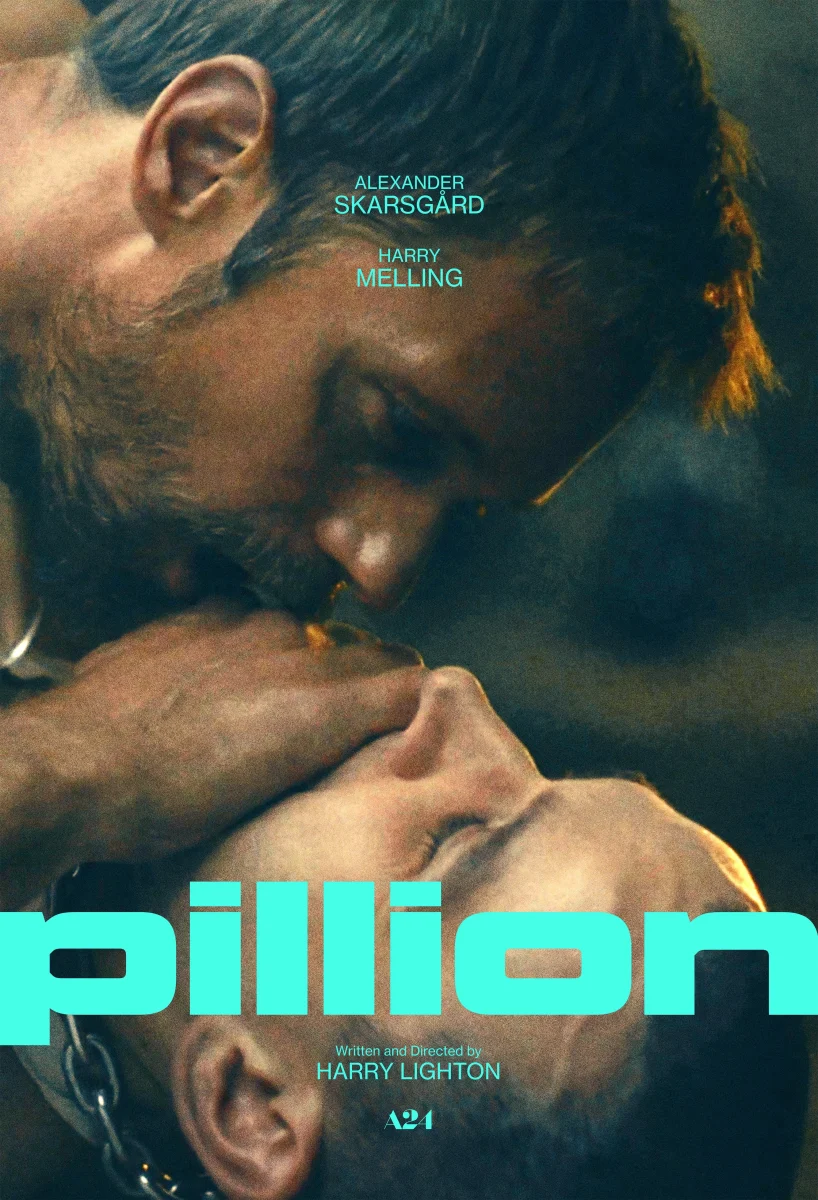Sophocles’s most famous play wasn’t enough for director Frank Galati. In his adaptation of Sophocles’s Oedipus Rex for the Goodman Theatre, Galati took some significant artistic liberties. Ultimately, Galati’s adaptation becomes a brilliant play in and of itself. Oedipus Complex is a psychological drama–cum–social critique that fuses Sophocles’s tragedy with a certain Viennese doctor’s controversial claims bearing its name.
The man who killed his father and married his mother is not the star of Galati’s play—the leading man in Galati’s version is Sigmund Freud, the enigmatic father of psychoanalytic theory. Galati puts the Oedipus story in dialogue with Freud’s proposal of the Oedipus complex, a theory of incestuous childhood desires that is as disturbing today as when it was first published more than a century ago. Ben Viccellio and Nick Sandys are magnificent as Oedipus and Freud, respectively, two deeply troubled men living centuries apart but, Galati suggests, related through their influences on each other. Does Freud embody and impart a moral standard that informs Oedipus’s decisions? Does Oedipus’s saga really reflect the hidden desires of the everyman, even Freud, maybe even us?
The play begins in a theater that represents both 20th-century academia and the courts of ancient Greece. Sandys, as Freud, lectures a group of skeptical medical students on his revolutionary idea of the Oedipus complex. Galati expertly employs aspects of both contemporary and Grecian drama; in particular, his use of the students as a Greek chorus later in the play to represent two different standards of cultural normality is genius. In the dramas of ancient Greece, the chorus functioned as the voice of moral reasoning and represented the ideal social response to the main characters’ dilemmas.
In Galati’s play, the students are appalled by Freud’s suggestion; Galati suggests that the appropriate social response to the suggestion that incestuous desires are an integral part of sexual maturation is incredulous outrage. Likewise, in the context of Galati’s portrayal of the Oedipus drama, the chorus denounces Oedipus’s unconscious transgression, because the cultural picture of sexual normality does not include incest.
Galati portrays Freud and Oedipus as enlightened detectives who both solve a version of the Riddle of the Sphinx; however, in both cases, their noble intentions are overshadowed by their assaults on normality and acceptability. As Oedipus, Viccellio declares, “The sphinx commanded us to not delve into what we cannot see, but now I am here,” and Galati suggests that the same could be said of Freud.
Freud claims that his dreams drive him “deep down into the darkness where Oedipus lives,” a darkness that can supposedly be illuminated only through rejection of the status quo and exploration of unconscious drives and desires. Freud, like the powerful Oedipus and Melville’s Ahab, is both godly and ungodlike. Galati’s Freud assaults the common-sense picture of sexuality and psychosexual development in his noble search for a higher truth. Galati insists that neither Freud nor Oedipus is inherently immoral, or even amoral; rather, the two are motivated by an inevitable urge to “discover the secret of [their] birth” or their overpowering need to “solve the riddles of the world.”
Both men are, as Sandys proclaims in one of his monologues, “the detective and the criminal.” In searching for the man who murdered the former King, Oedipus discovers that he was the culprit, and that he has committed even more offensive crimes in the interim. Certainly, murder is justifiably condemnable. But, Galati asks, might these two men really be vilified because we, the audience and the public, fear that their problems are pervasive—indeed, that we experience them, too?
When Oedipus discovers the horrible magnitude of his crimes, he gouges out his eyes so that he will never again have to look at the world whose sensibilities he has offended. Galati portrays this scene in mythic proportions, depicting the mutilation as a grandiose act of corporeal mortification for Oedipus’s social sins. Gore abounds as “blood” pours down Viccellio’s face while he prostrates himself at the feet of the social structure he has assaulted. Yet, once he has finished, the chorus whispers, “We are you, Oedipus.”
Galati transposes this communal assumption of guilt onto Freud’s grappling with his theory of a universal consciousness. Though Galati does not necessarily subscribe to the psychologist’s beliefs, he forces us to ask whether we are really left untouched by either Oedipus’s conflict or Freud’s contentions. At once accusatory and magnificently subtle, Galati’s Oedipus Complex makes us reevaluate the way we conceptualize our situation in relationship to these men and to the social structures we accept without ever examining them. As we struggle to reconcile a quest for personal truth with social acceptability, maybe, as Galati suggests, there is a little Freud—and, disturbingly, a little Oedipus—in all of us.








